President Donald Trump moved forward with a series of executive orders Monday aimed at tightening immigration enforcement and strengthening public safety nationwide.
The president signed orders targeting sanctuary cities like Los Angeles and New York, making good on his earlier vow to shut down their access to federal funding.
One of the newly signed directives, finalized during a closed-door session in the Oval Office, directs Attorney General Pam Bondi and Homeland Security Secretary Kristi Noem to compile a list within 30 days identifying cities and states that are obstructing “the enforcement of federal immigration laws.”
According to the order, “Immediately following each publication… the Attorney General and the Secretary of Homeland Security shall notify each sanctuary jurisdiction regarding its defiance of Federal immigration law enforcement and any potential violations of Federal criminal law.”
Following these notifications, federal agencies will be tasked with reviewing their financial allocations to identify funding streams that could be revoked in collaboration with the White House Office of Management and Budget.
The order makes it clear that jurisdictions refusing to amend their laws to align with federal immigration enforcement will face legal consequences.
It instructs that “the Attorney General and the Secretary of Homeland Security shall pursue all necessary legal remedies and enforcement measures to end these violations and bring such jurisdictions into compliance with the laws of the United States.”
Two additional provisions included in the order mandate that federal agencies ensure illegal immigrants are not improperly receiving public benefits such as Social Security, food stamps, or disability payments.
It also seeks to overule state and local laws that are seen as giving preferential treatment to non-citizens over American citizens.
An example highlighted in the order points to states charging illegal immigrants lower tuition rates for public colleges and universities compared to U.S. citizens residing in other states.
A separate executive order gives Bondi authority to initiate both criminal and civil lawsuits against state and local officials found to be obstructing federal immigration or criminal law enforcement activities.
White House Press Secretary Karoline Leavitt summarized the administration’s stance during a press briefing earlier that day.
“It’s quite simple,” she said. “Obey the law, respect the law, and don’t obstruct federal immigration officials and law-enforcement officials when they are simply trying to remove public safety threats from our nation’s communities.”
Also on Monday, President Trump signed an order requiring commercial truck drivers operating within the United States to demonstrate proficiency in English, building on his prior executive order from March that declared English as the nation’s official language.
The new trucking directive recognizes the critical role drivers play in maintaining the U.S. economy, noting, “Every day, truckers perform the demanding and dangerous work of transporting the Nation’s goods to businesses, customers, and communities safely, reliably, and efficiently.”
Trump’s latest action insists that English proficiency must be a basic requirement for those operating commercial vehicles.
The order argues that drivers must be able to “read and understand traffic signs, communicate with traffic safety, border patrol, agricultural checkpoints, and cargo weight-limit station officers.”
The “common sense” order stresses that drivers need to effectively interact with employers and customers in English to ensure the safe and efficient movement of goods across the country.
Under the new rules, drivers must be able to converse with the public in English to legally operate a commercial vehicle.
Transportation Secretary Sean Duffy is instructed to issue updated guidance regarding testing for English proficiency and enforcement practices.
Drivers who fail to meet these standards could be placed “out-of-service,” according to the executive order.
During Monday’s press briefing, Leavitt elaborated, pointing out, “You might not know, but there’s a lot of communication problems between truckers on the road with federal officials and local officials, as well, which obviously is a public safety risk.”
Meanwhile, the House of Representatives, led by a Republican majority, overwhelmingly passed legislation aimed at protecting victims of non-consensual intimate imagery, including the use of artificial intelligence-generated deepfakes.
The “Tools to Address Known Exploitation by Immobilizing Technological Deepfakes on Websites and Networks (TAKE IT DOWN) Act” secured broad bipartisan support, passing with 207 Republicans and 202 Democrats voting in favor.
Once signed into law, the bill would outlaw the unauthorized online distribution of intimate visual depictions, including AI-created digital forgeries, while imposing penalties such as fines, imprisonment, and mandatory restitution, especially in cases targeting minors or intended to inflict harm on adults.
The legislation further requires that online platforms hosting user-generated content remove such depictions within 48 hours of receiving a removal request, with enforcement carried out by the Federal Trade Commission.
Having now cleared both chambers of Congress, the bill awaits President Trump’s signature for final enactment.

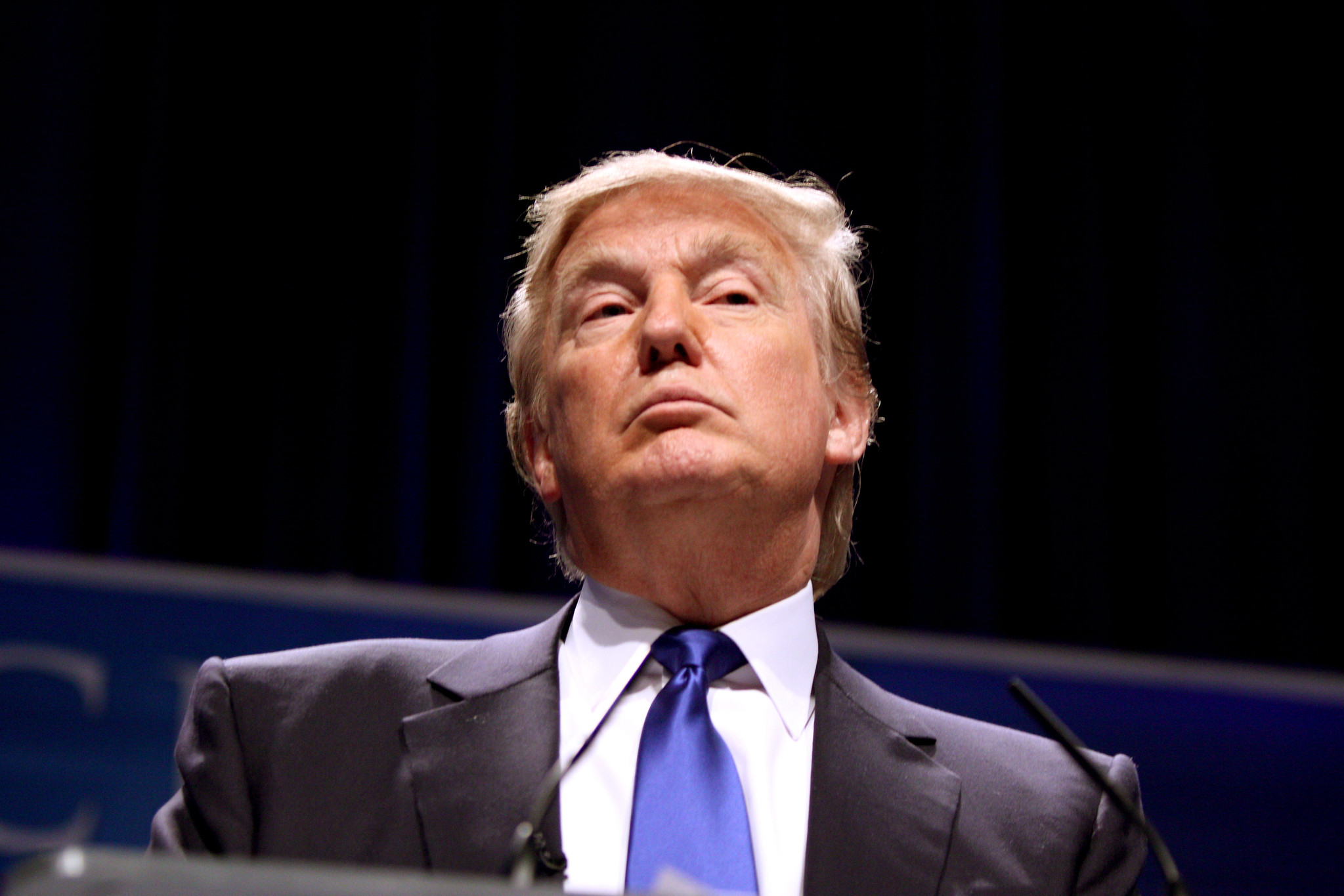
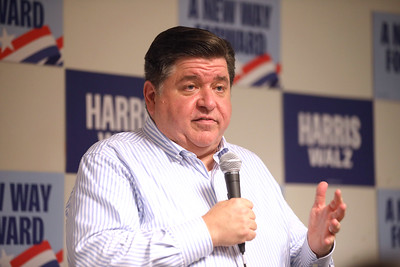


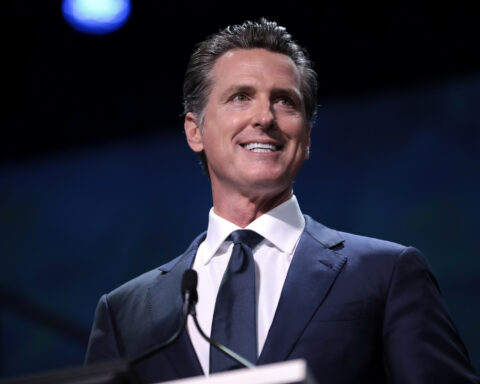
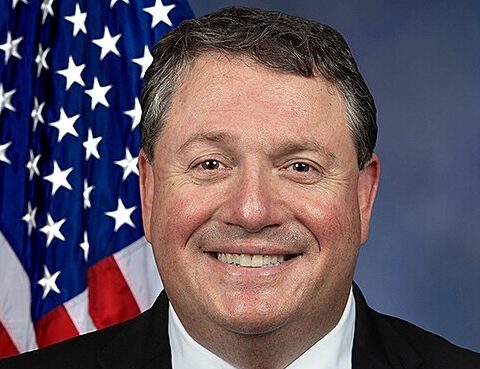
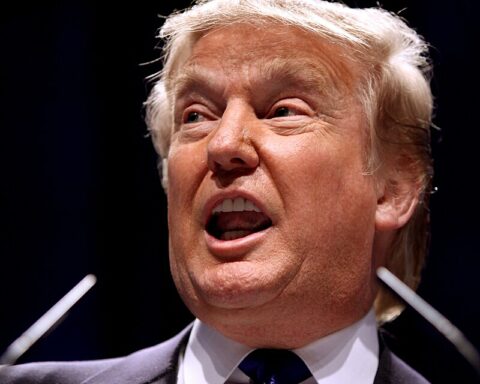
Article VI of the US Constitution states that the Constitution is the Supreme Law of the Land. Enough said, except when a demon is trying to change the meaning..
Considering that the Federal Government and NOT the state governments are tasked with all foreign immigration activity into the U.S., it is Trumps responsibility to enforce the laws pertaining to immigration that the states, in the form of illegal Sanctuary City decrees are breaking. These city officials that think they have any say concerning immigration are dead wrong. These officials should actually be arrested and prosecuted. And the city should be held accountable by having any federal funds withheld. And local federal judges also have no authority when it comes to illegal immigation activities. Illegal immigrants actually have no rifgt to be in the U.S. and therefore have no rights except to be deported.
Finally
Long overdue & Needed